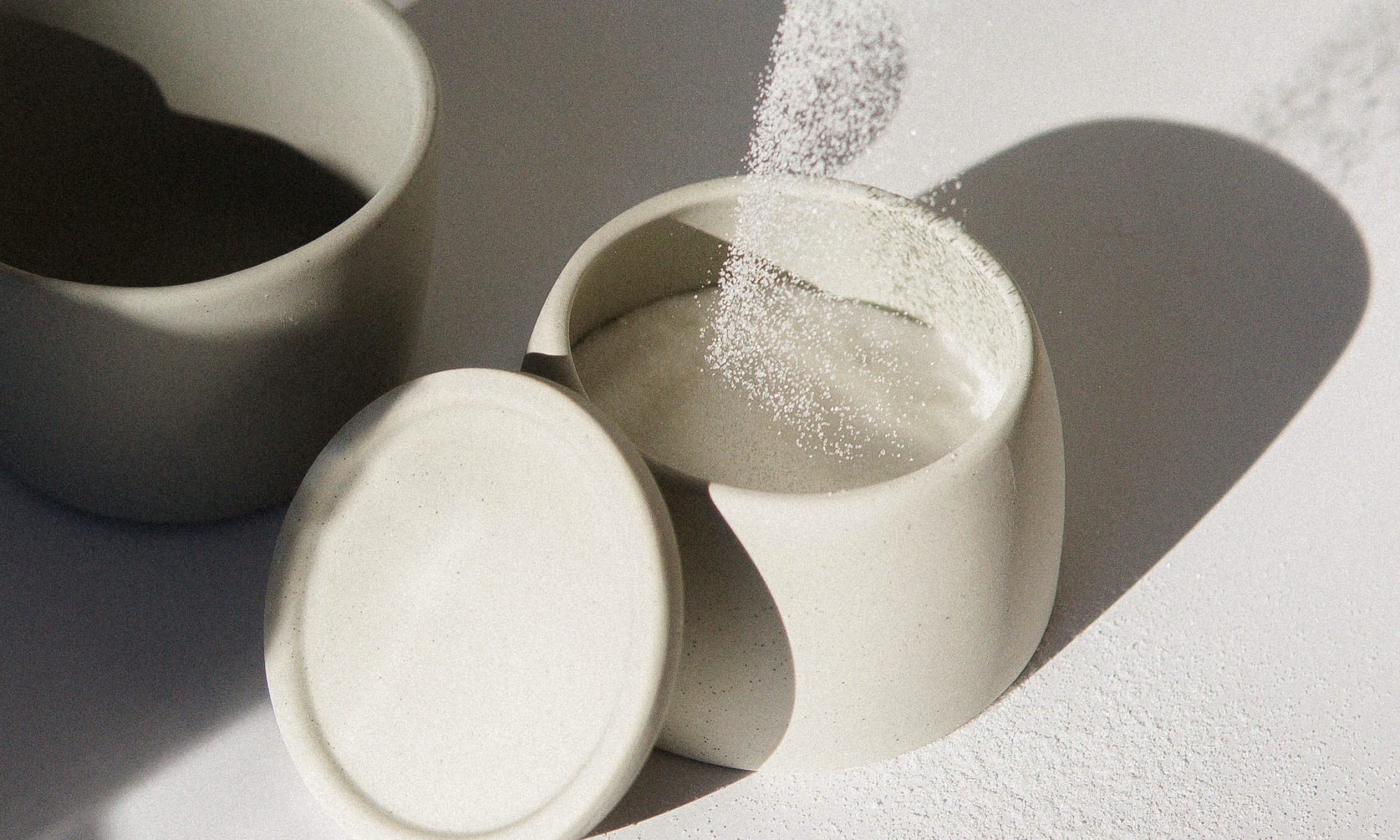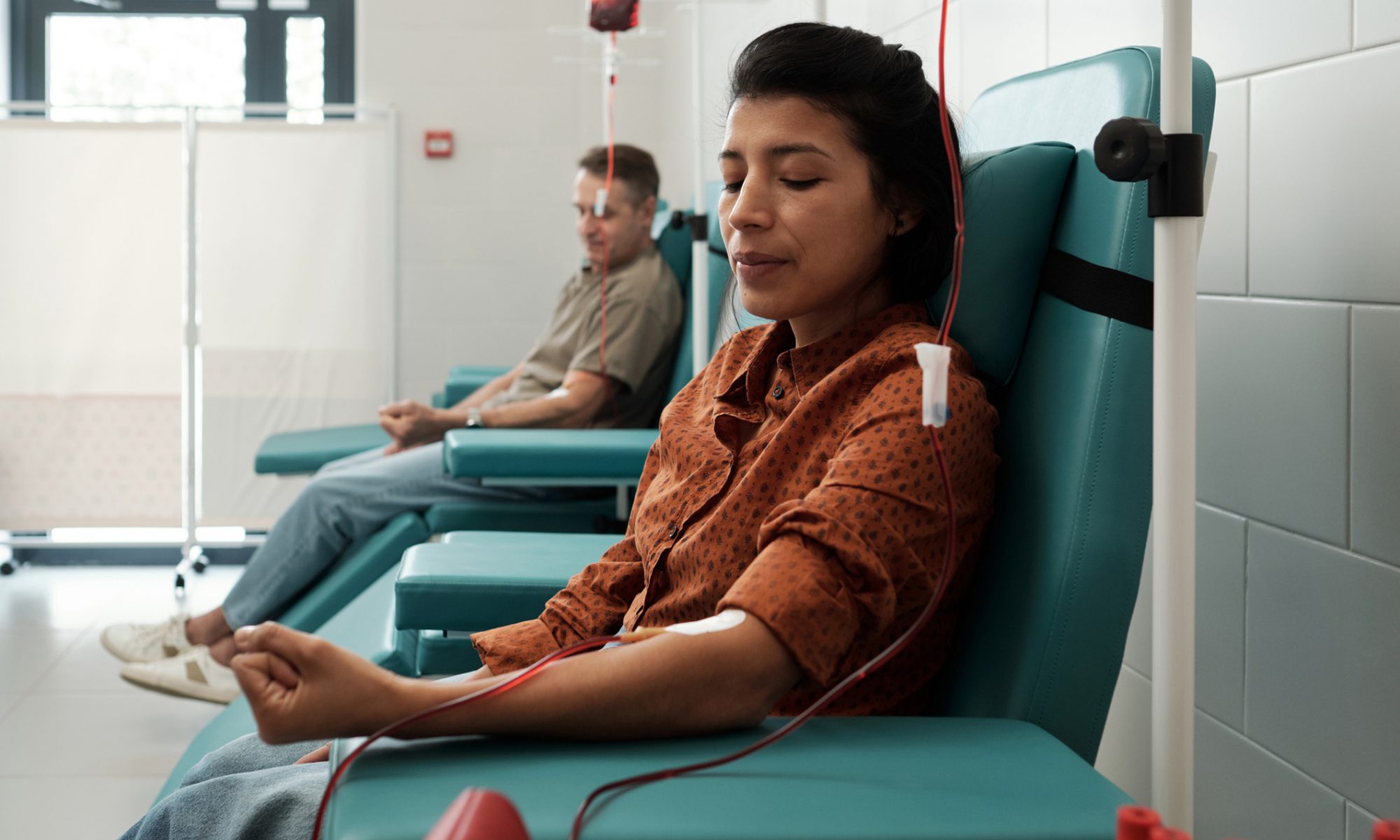By Avis Favaro
TORONTO – Canadian transplant scientists say they may be able to help boost the number of lungs available for transplants, all with a simple tweak of temperature.
They’ve been conducting studies that show that storing lungs at 10 C, warmer than the current standard of 4 C, is better for lungs harvested for transplant. They’ve also created a world-first cooler that they say stays at 10 C, boosting the shelf life of a donor’s lungs from six hours to up to 36 hours, and perhaps longer. Read more in CTV News.









